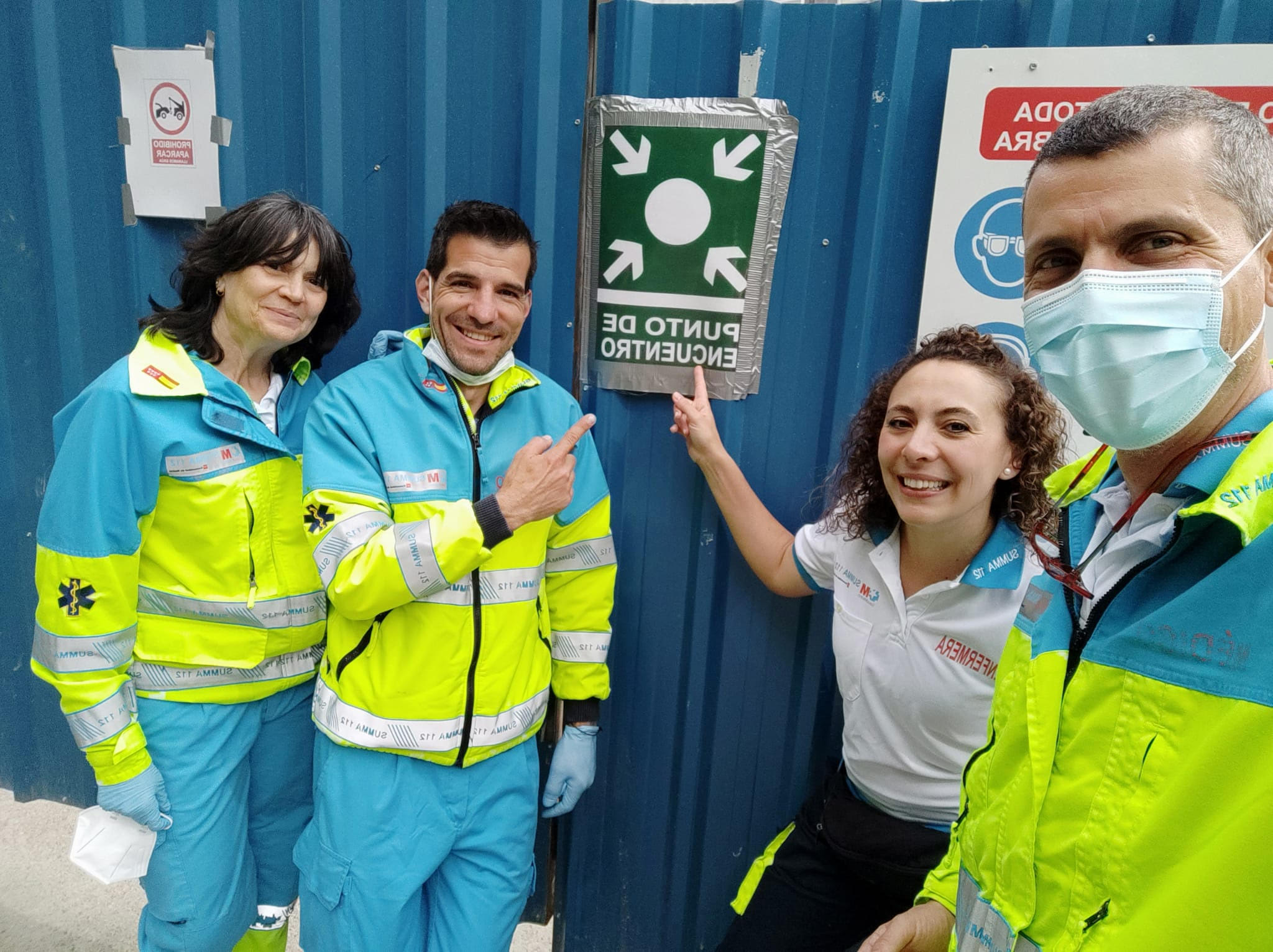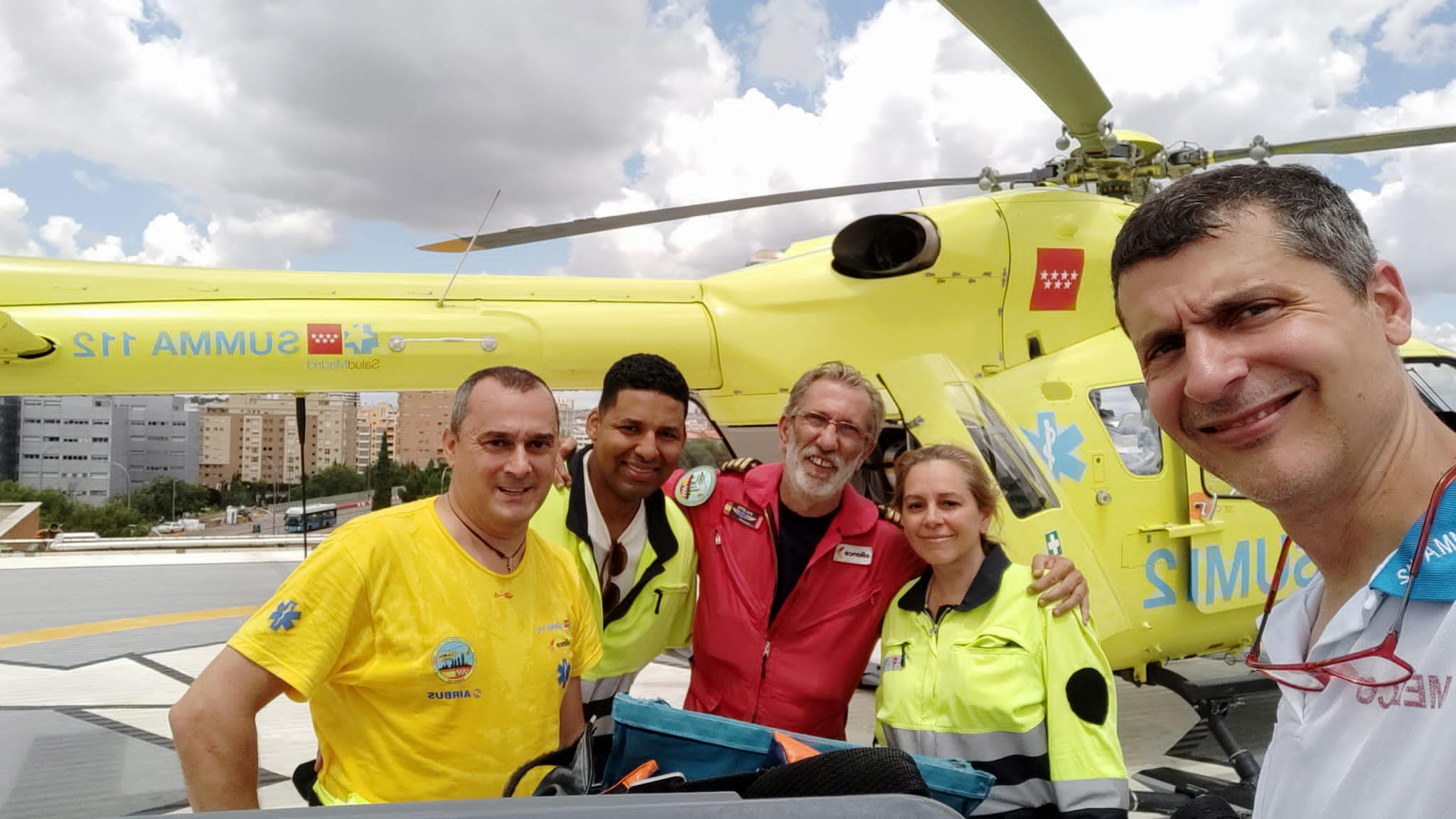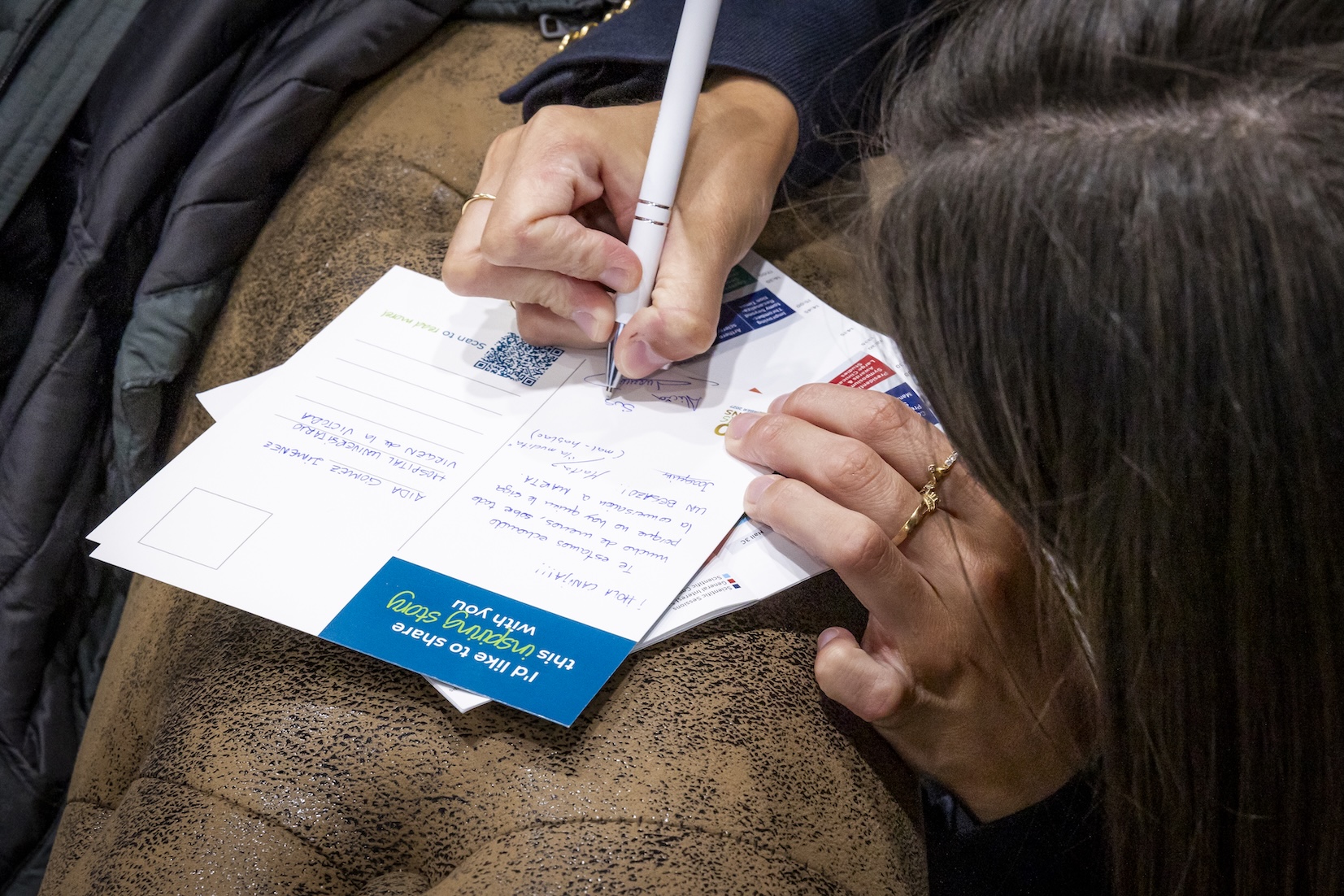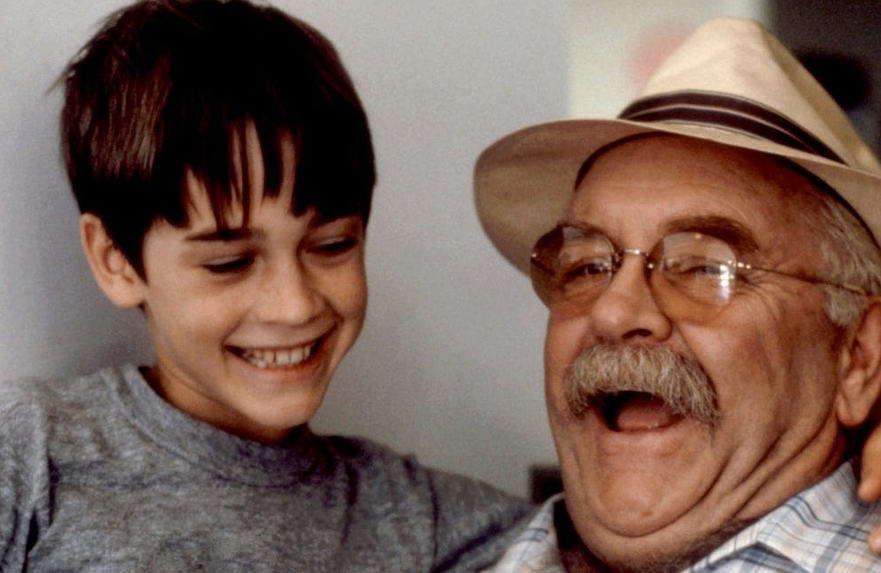
Os Prémios EMS Angels foram lançados quando a pandemia da Covid-19 foi no seu segundo ano. O custo para a equipa médica de emergência em todo o mundo tinha sido enorme e, na maioria dos países, a moral era baixa.
“A ativação é muito importante agora”, disse o Dr. Nicolás Riera, coordenador do código de AVC no serviço de emergência médica de Madrid, SUMMA 112, que estava entre os especialistas internacionais em EMS que ajudaram a criar os prémios. “As equipas de paramédicos precisam de algo novo para reiniciar as suas mentalidades no contexto de uma pandemia em curso.”
Madrid esteve no epicentro da pandemia em Espanha, onde o coronavírus infetou mais de 3,5 milhões de pessoas e reivindicou mais de 78 000 vidas, interrompendo os serviços de saúde e tendo um impacto pesado nos médicos da linha da frente.
Ter os seus esforços reconhecidos num espírito de competição amigável entre equipas seria uma forma potencialmente poderosa de aumentar a moral e recompensar o pessoal do EMS por aumentar o seu jogo.
Importante, uma vez que era reconhecer as equipas de EMS que se destacaram nos cuidados de AVC, os prémios também se destinavam a ser uma ferramenta para melhorar o desempenho destacando pontos fracos que poderiam ser abordados através de ações direcionadas.
“Os prémios não são sobre o trabalho passado, mas sobre o desempenho futuro,” afirmou Petr Jaššo, chefe de EMS na região da Silésia Moraviana da República Checa, antes da cerimónia inaugural de prémios em Lisboa em outubro de 2021. O impacto deles, ele previu, seria “medido em minutos”.
Identificar uma fraqueza
O desempenho futuro foi na mente do médico de emergência Dr. Nicolas Riera em Lisboa, onde recebeu um prémio em nome do serviço de emergência médica de Madrid, SUMMA 112. A pandemia da COVID-19 teve um impacto pesado nos médicos da linha da frente na sua cidade e o prémio de ouro iria de alguma forma para restaurar a moral.
Mas ganhar ouro também sinalizou que havia espaço para melhorar, e os critérios dos prémios tinham a chave para onde deveriam focar a sua atenção. O SUMMA 112 tinha proporcionado um desempenho quase impecável em todas as categorias, exceto uma. Para alcançar o estatuto de platina ou diamante, seria necessário reduzir o seu tempo no local (OST), o que significou superar, entre outros, o desafio do design urbano vertical na capital espanhola alta e densamente povoada.
Em 2022, a equipa SUMA 112 obteve uma pontuação de 100% para pré-notificação (identificação e pré-notificação do hospital certo) pelo segundo ano consecutivo. Tinham também tirado 4,5 minutos dos seus TSO, mas ainda era quase o dobro dos 15 minutos máximos recomendados pelas diretrizes internacionais. Quando receberam outro prémio de ouro em Berlim, em Outubro, começaram a considerar porque, para além do grande número de apartamentos residenciais em arranha-céus de Madrid, os seus esforços para melhorar estavam a ter um efeito tão discreto.
Uma reunião para analisar o seu desempenho levantou a possibilidade de que a gestão da pré-notificação estava a adicionar um número significativo de minutos ao tempo entre a chegada no local e a partida. Para testar esta hipótese, analisaram o processo de pré-notificação hospitalar para todos os casos em que o código de AVC foi ativado durante dezembro de 2022, um mês durante o qual a TSO mediana foi de 22 minutos.
A análise (cujos resultados estão sendo apresentados como cartaz no EUSEM 2023) mostrou que o tempo mediano de gestão de pré-notificação (PMT) foi de 8 minutos quando, como na maioria dos casos, foi feita apenas uma chamada para um hospital, e chegou a 16 minutos quando foi necessário fazer chamadas para quatro hospitais. No geral, a PMT mediana foi de 9 minutos, representando quase 45% dos OST. Os investigadores concluíram que os esforços para reduzir os TSO implicariam alterações ao protocolo de pré-notificação hospitalar.
Definir o problema
A consultora Angels, Alicia Arjona, explica que um conjunto de condições específicas da localização afeta a gestão de pré-notificação em Madrid. O serviço EMS utiliza uma escala pré-hospitalar única, o Madrid-Direct Referral to Endovascular Centre (M-DIRECT), que é altamente preciso na identificação de candidatos a trombectomia para transferência direta para centros capazes de trombectomia. Ao contrário da maioria das cidades espanholas, a trombectomia mecânica está disponível em 10 hospitais na capital, mas o dever de tratar doentes com trombectomia é alternado entre estes hospitais num calendário previamente acordado. Um hospital no horário pode, no entanto, recusar-se a aceitar um doente se este tiver atingido a sua capacidade. Isto é responsável pelo pior cenário em que, antes de poderem sair do cenário, o EMS tem de fazer até quatro chamadas para localizar um hospital que aceite o seu doente.
SERVINDO como lista de verificação para prestadores de cuidados de AVC pré-hospitalares, os Prémios EMS Angels ajudaram as equipas EMS em toda a Europa a identificar e a atuar em oportunidades de intervenção e melhoria. Os seus esforços não passaram despercebidos: de nove prémios em 2021, existem 63 este ano, incluindo 19 para Espanha.
Embora o SUMMA 112 recolha o seu primeiro prémio de platina, atribuem isto a uma ocorrência chance: as dificuldades subjacentes aos atrasos no local, conforme confirmado pela sua investigação, ainda não foram abordadas.
Mas um problema bem definido é um problema meio resolvido, pelo menos de acordo com Albert Einstein. Em todos os países participantes, os prémios fizeram mais do que identificar pontos fracos: mudaram a conversa sobre os cuidados de AVC pré-hospitalares e treinaram uma luz sobre problemas sistémicos que há muito foram deixados no escuro.
Também sugeriram novas soluções para problemas antigos.
Resolver a complexidade
A análise dos ficheiros de áudio para dezembro de 2022 revelou problemas que não serão resolvidos apenas pela revisão do protocolo de pré-notificação hospitalar. As minutas estavam a ser perdidas devido a interações ineficientes entre hospitais e EMS, particularmente onde estas conversas foram elaboradas como resultado de questões de perda de tempo decorrentes de uma falta de confiança.
Um ponto de vista importante foi que estavam a realizar pré-notificação avançada com as ferramentas do último século. Na ofensa está um processo digitalizado que eliminará erros humanos ou enviesamentos e que poderá fornecer informações em tempo real sobre a capacidade dos centros de trombectomia no calendário. Um processo digital, por outras palavras, que será igual à complexidade da rede de AVC de Madrid e à sofisticação de ferramentas de diagnóstico como M-DIRECT.
Se o SUMMA 112 finalmente estará entre os vencedores de diamantes no EUSEM 2024 é menos importante do que a perspetiva de que os doentes de AVC na sua cidade chegarão aos hospitais certos mais rapidamente. As suas intervenções relacionadas com a PMT são, como os Prémios Angels EMS, destinadas a preservar a vida. E como Petr Jaššo sugeriu, quando se trata de AVC, a vida é medida em minutos.




